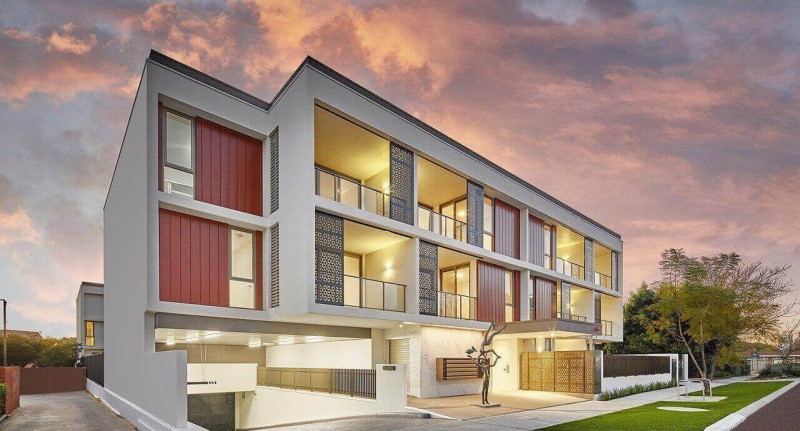- Many Australasians are turning to the stability of bricks and mortar
- There are a range of areas investors are overlooking, significantly impacting the performance of their property portfolio
- This can include not spreading risks among your portfolio
It appears most people are now aware of the need to look after themselves in their twilight years as pensions, welfare and superannuation become increasingly under pressure amid uncertainty.
As a consequence, investors are taking steps to set themselves up accordingly, with many turning to the stability of bricks and mortar.
However, there is still a range of areas that many investors – especially first-time investors – are overlooking.
This can cause problems for their overall investment portfolio. It is important to look out for some of these fundamental areas…
Neighbourhood Investments
While your own neighbourhood may be a wonderful place to raise a family of somewhere secure for your first home, this doesn’t necessarily translate to secure rental returns or capital growth.
Many new subdivisions are testimony to this. You should be purchasing in a suburb as it will give you strong capital or/and rental returns – not because you are familiar with the area. Also, it makes sense to spread your risks and invest in other suburbs.
Risk Aversion
While feeling comfortable with a particular locality or type of investment, it does make sense to spread the risk of your property portfolio, such as having a varied range and types of dwellings.
Rental Focused
Too many investors are blinded by rental returns and often overlook the capital growth of the property. Assuming the investment is held over the long term, you will find capital growth to be a far more powerful wealth creating tool, remembering only 50% of the gain is ever taxable. Also, you can continually borrow against the increased growth to find further investments.
High Cash Flow Positive
Be way of high cash flow positive property. There may be an underlying catch such as the rent may be supplemented, return compensated by low capital growth or may have a speficies zoning or feature. The latter includes serviced apartments or Airbnb’s – it is important to ensure the property is correctly zoned in this case as there can be huge fines.
Remember, if you generate a high cash flow positive return, every dollar of income will be taxed at the appropriate rate you are currently paying, each and every year.
Whilst capital gains can be effectively minimised or if you never sell you will never pay tax with the lowest interest rates for many decades the probability of being “cash flow positive” is high. Just be cautioned on really high returns.
Presentation Plus
Just because the property presents well doesn’t automatically qualify this as a good investment. It may look great, but will it cater to the rent and capital growth returns you are seeking with low input and upkeep?
Does the fresh paint and carpet cover up any misdemeanours and does the presentation cause an artificially high rent, which possible can’t be attained in the future? Is it low maintenance for the long term rental market? All of these need to be considered.
Short Term Rentals
These returns are always much higher than conventional rents but what are the real costs? Vacancy, management fees and more importantly if these are not sustainable, you can be caught short. Always factor in your budget the normal market rent therefore anything over this is then a bonus.
Off Plan Purchase
Be very wary that all the fundamentals stack up on properties you purchase off-plan. Review specifications, sizes, locations and the contract documentation via your solicitor and plan your cash flow requirements for deposits, stamp duty and progress payments. Ensure there are no escalating clauses on the final construction cost.
Short Term Gains
Investors who entered the market over the boom years witnessed healthy gains in the value of their property.
But, please remember, property is a long term investment, and entry costs can be quite high such as stamp duty, settlement and mortgage-related costs. If you were to sell within 12 months of purchasing you wouldn’t be eligible for the discounted capital gains tax rate, thus all profits would be taxable (if any).
This is just a short cross-section of some areas that all investors should seek to understand before entering the rewarding field of property investment. One major rule is that purchasing should be held for the long term and typically held for at least five years.
~~
Before making any investment decisions, please do your own independent research, taking into account your own situation. This article does not purport to provide financial or investment advice. See our Terms of Use.








